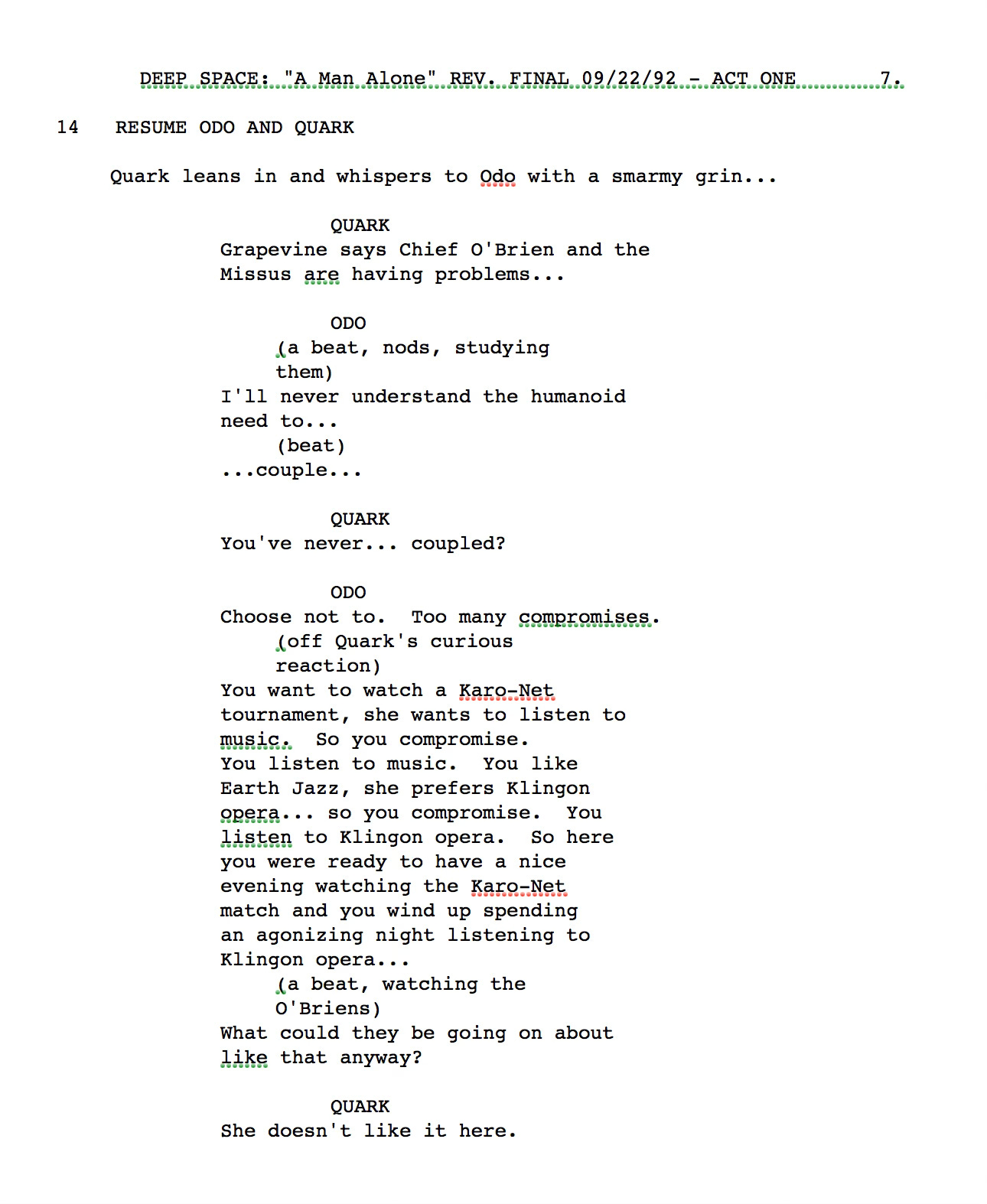Compromise is a Four-Letter Word
Love, Life, and the Art of Negotiation
Love, life, and happiness. The holy trinity of existence, wrapped up in one untidy little package. Everyone wants them, few truly understand them, and almost no one gets the proportions right. Some go all in on love, forsaking happiness. Others chase happiness at the cost of a meaningful life. And then there are those who believe the secret to it all is the mystical, oft-preached art of compromise.
Compromise. Such a noble concept. It conjures images of two people meeting in the middle, hands clasped, smiling knowingly as they both walk away with just enough of what they wanted to feel content. That’s the fairy tale. But in practice? In practice, compromise is more often a slow erosion of preferences, a thousand little sacrifices made in the name of maintaining the peace, a delicate and often brutal tug-of-war where no one truly wins but everyone learns to tolerate the losing.
Think about it: you want to watch a game, they want to listen to music. You compromise. You listen to music. But what kind of music? Ah, here’s where it gets tricky. You like jazz, they like Klingon opera (or something equally offensive to your auditory senses). So you compromise again. And soon you’re nodding along to a wailing soprano, questioning your life choices while trying to convince yourself this is the price of love.
Compromise, in its purest form, is an exchange of misery. Sure, it’s a necessity—you can’t have every decision go your way unless you live in a utopia of self-absorption—but the trick is knowing when to compromise and when to stand your ground. Too much compromise, and you wake up one day wondering why you’re wearing matching pajamas and using phrases like “we just love this brunch spot.” Too little, and you die alone with a remote in one hand and an unchallenged Spotify playlist in the other.
But here’s where it gets interesting. Chris Voss, former FBI negotiator and author of Never Split the Difference, would argue that compromise isn’t just overrated—it’s often the worst possible outcome. According to Voss, true negotiation isn’t about meeting in the middle; it’s about getting what you want while making the other person feel like they’ve won, too.
In the world of high-stakes negotiation, compromise is weakness. If a hostage-taker demands ten million dollars and you negotiate down to five million, you haven’t really “won.” You’ve still paid a fortune. Likewise, in relationships, compromise shouldn’t be about conceding things that matter to you—it should be about finding a way to reframe the situation so that both parties walk away with what they actually value.
Instead of the tired game of mutual sacrifice, what if we focused on calibrated questions, tactical empathy, and the art of no-deadline negotiation? What if, rather than simply giving in to watching Klingon opera, you found a way to frame the evening so that your partner wants to watch the game with you? What if “compromise” became less about giving up and more about creating alignment where none seemed to exist?
The real secret isn’t compromise itself. It’s alignment. It’s finding someone whose idea of fun doesn’t make you want to walk into traffic. It’s recognizing that the best relationships aren’t built on endless concessions, but on shared joy. Love isn’t a series of begrudging sacrifices—it’s a Venn diagram where the middle section is big enough to live in.
So the next time you find yourself “compromising” for the sake of love, ask yourself: Am I adjusting, or am I eroding? Because one keeps the peace, and the other slowly takes pieces of you away. And maybe, just maybe, the real trick to happiness isn’t splitting the difference at all—but rather, learning to negotiate a better deal.





